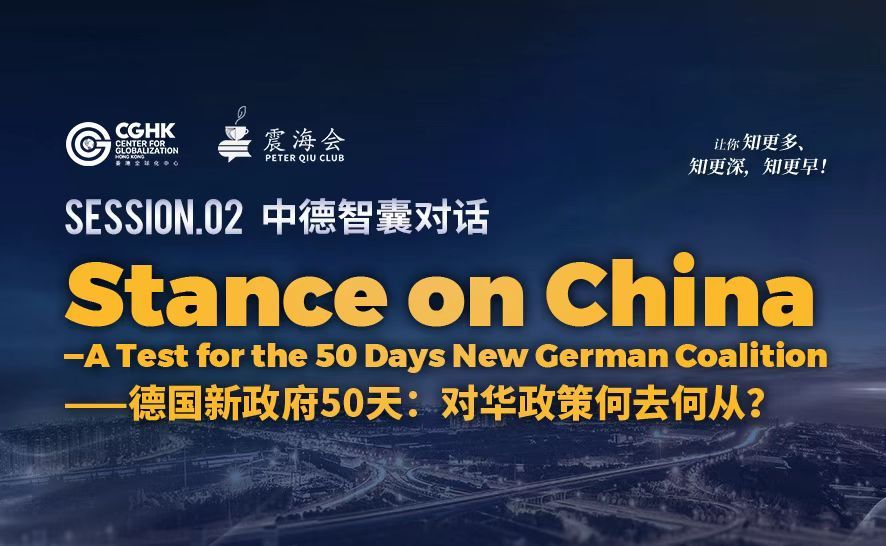
In the past year, the Covid-19 pandemic triggered the chip crisis. The United States began to negotiate the "US-EU Trade and Technology Committee", which is committed to building a US-European partnership, designing and manufacturing semiconductors with more cutting-edge functions and more efficient use of resources. Biden also successfully passed his trip to Europe, activating the crisis awareness of the Western countries, and uniting the forces of allies to create a multilateral anti-China platform. In Asia, the United States continues to unite the forces of Japan, South Korea and Taiwan to implement a comprehensive encirclement toward China's high-tech technologies. We must realize that the United States has built a "Western battlefield" and an "Eastern battlefield" across the world.
It is also worth noting that in the last year, Europe has continued to cooperate with the United States in "containment" of China, especially on the Taiwan issue, which has led to tensions in China-EU relations. Angela Merkel, The former German Prime Minister has been playing a mediating role in China-EU relations. Will the new German PM, after taking office, inherit Merkel's China policy?
Concerning the above questions, we held two high-level international conferences, and invited Professor Da Wei from school of social science in Tsinghua University, Feng Zhongping, Director of the European Institute of the Chinese Academy of Social Sciences (CASS), and Ms. Bonnie Glaser, from German Marshall Fund of the United States , and Mr. Stanzel, the former German ambassador to China, to interpret the Biden administration's China policy and the future policy of the new German Administration toward China.